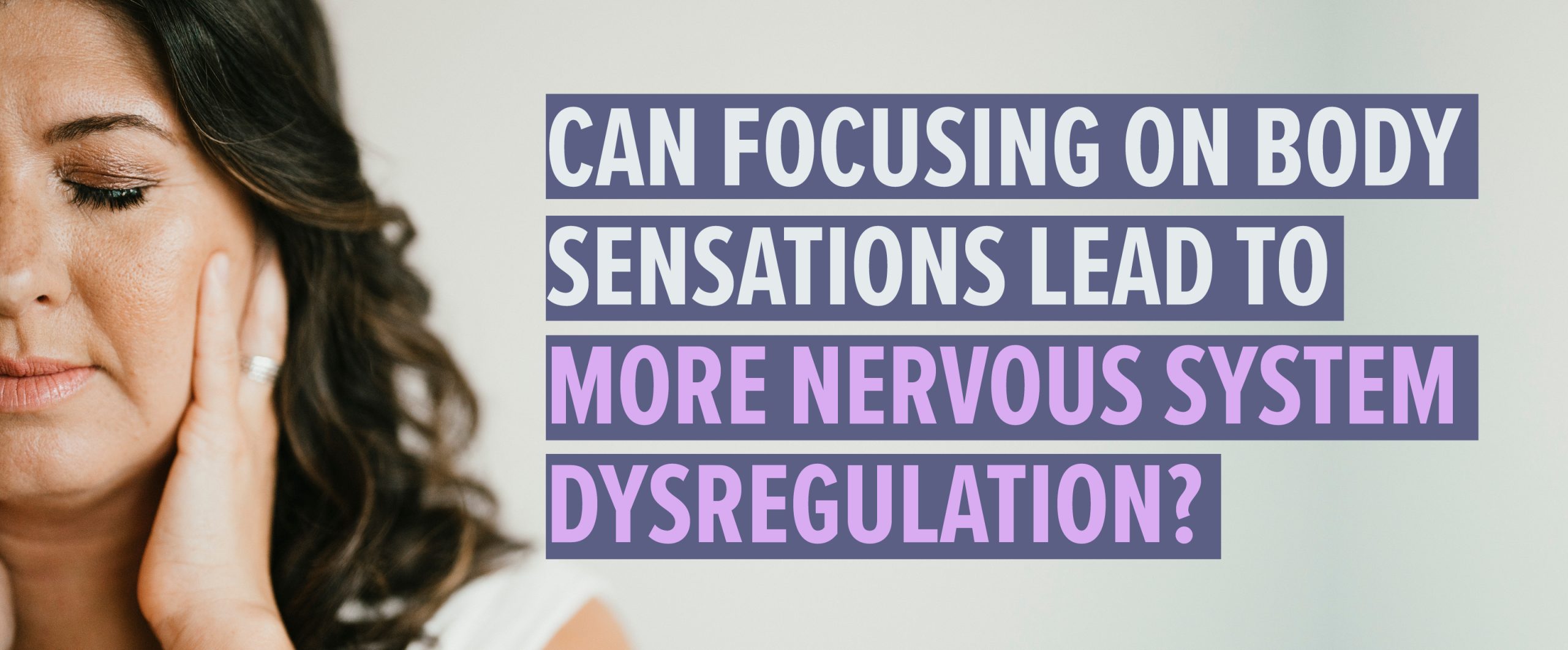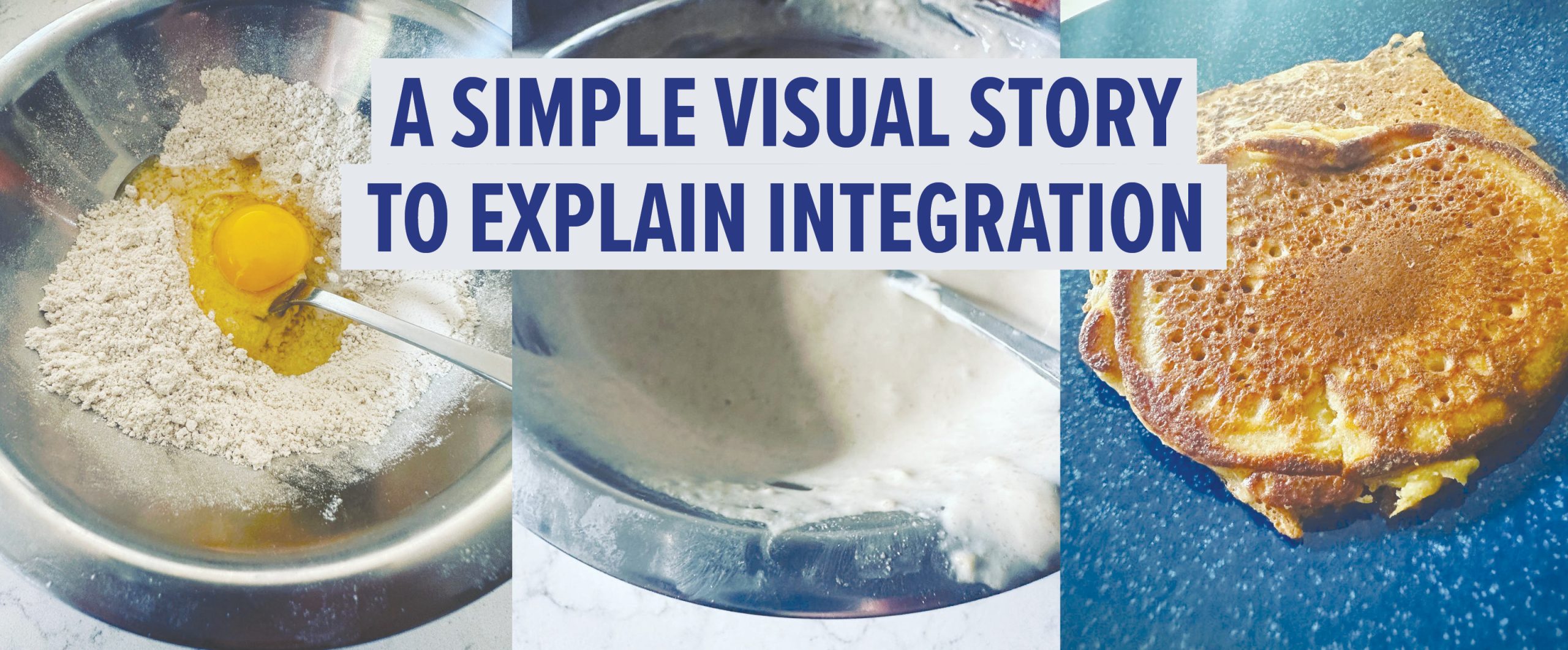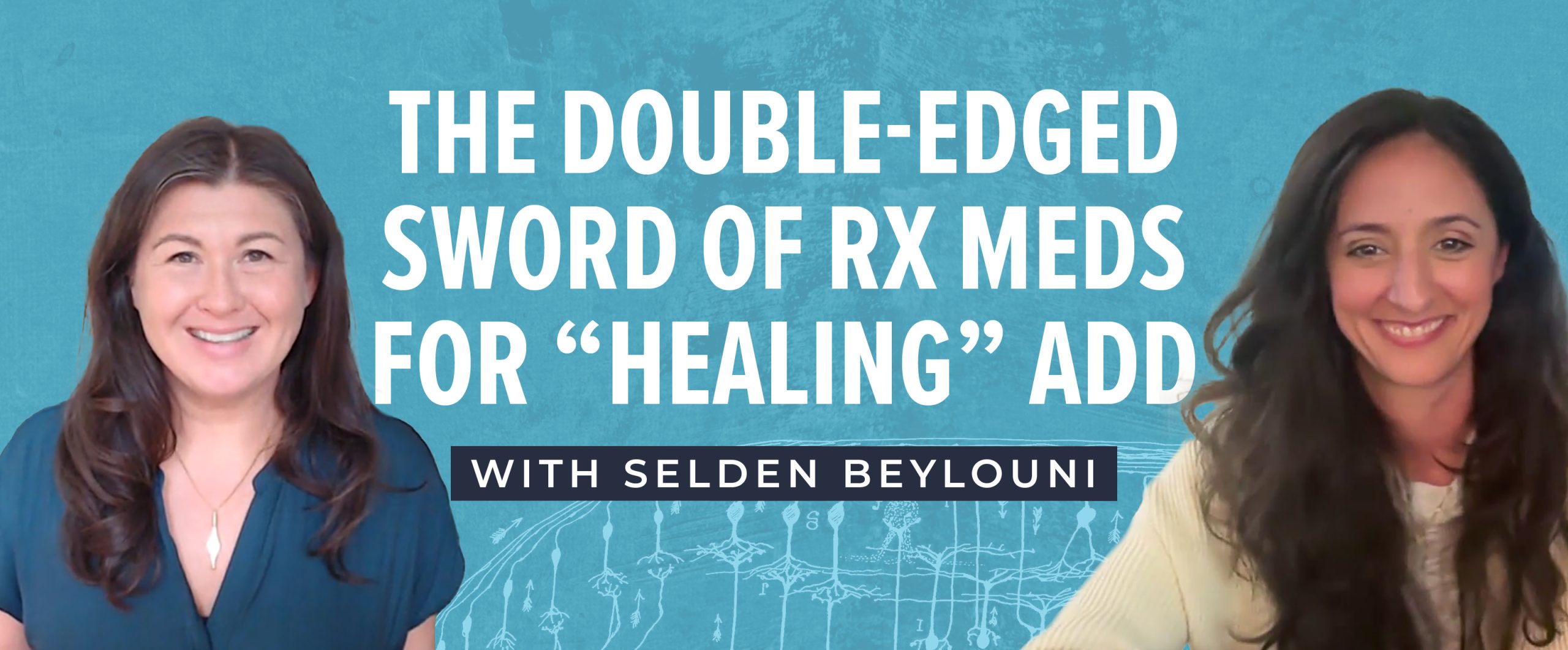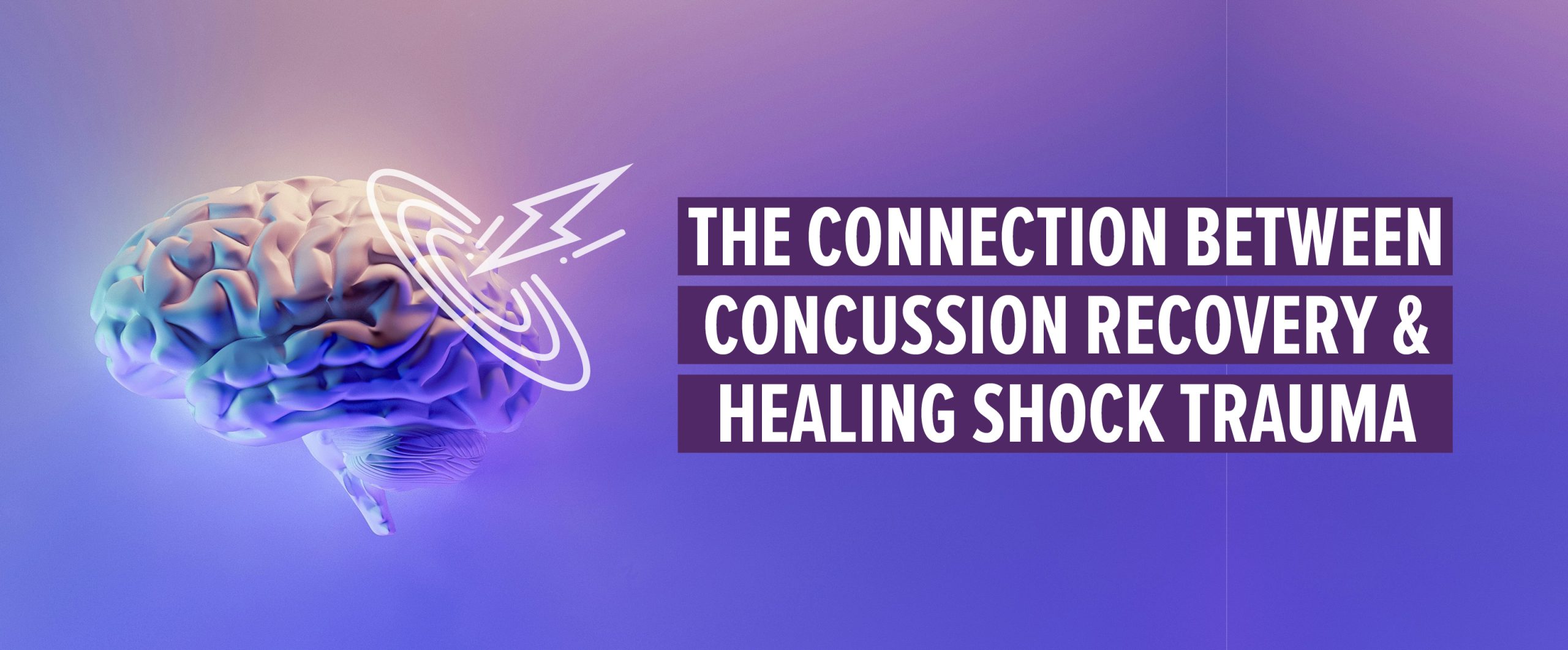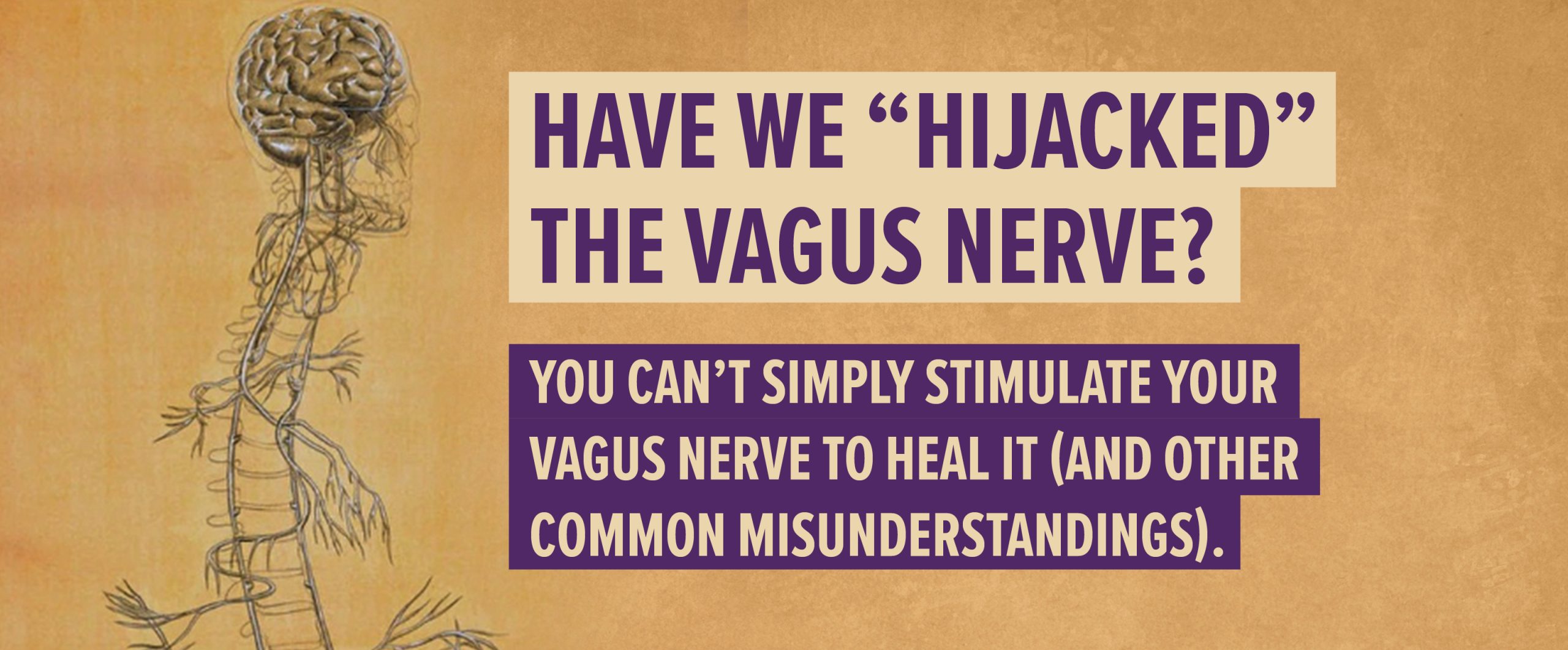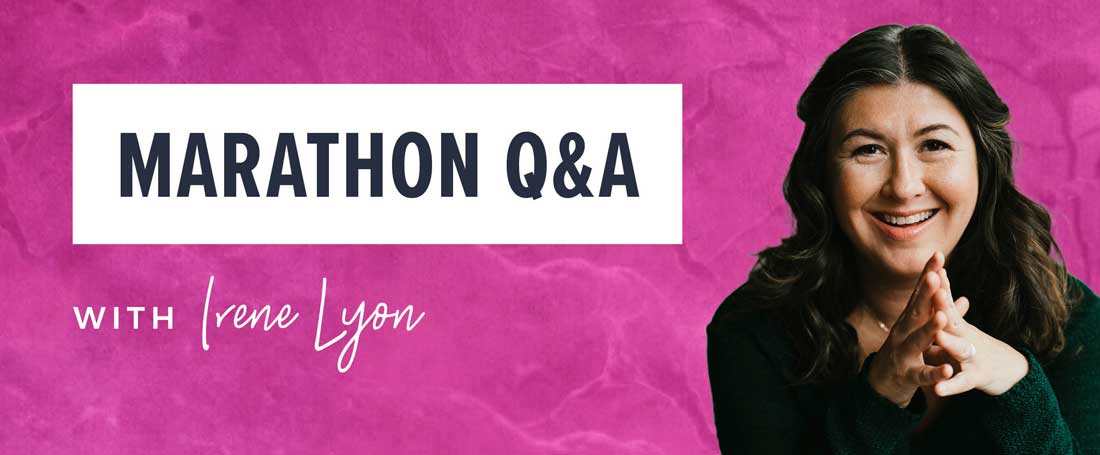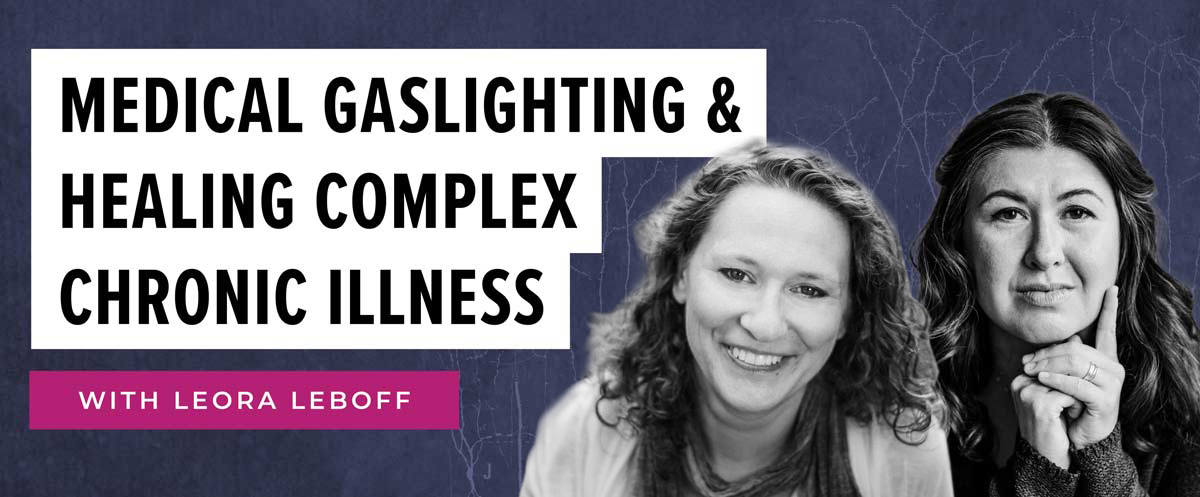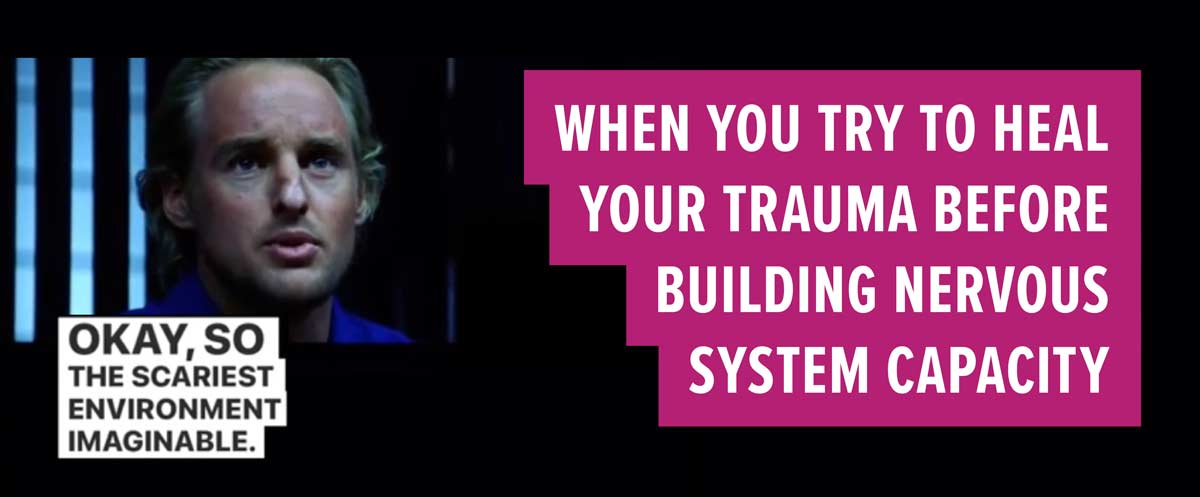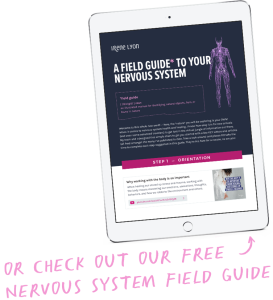Reader beware – I must be a bit of a science geek on this post.
.
Stress response and the human body
Let’s face it, stress is just an inevitable part of life. It comes into our life and, we hope it will leave quickly. Sometimes it is in the form of a big event, such as a car accident, a broken bone or the loss of a loved one, other times, it’s a chronic type of stress that we endure every day. The cause could be a number of things, such as a job we hate or a relationship that isn’t working out.
Either way, these stressors cause our body’s nervous system and physiology to create a reaction to survive.
This survival comes in a few ways. Three to be exact.
Typically, the first reaction to stress is an arousal of our autonomic sympathetic nervous system. This first reactive response to stress has two distinct survival traits. One is fight. The other, flight.
You may have heard the saying “fight or flight response”?
This is a biological necessity that is hardwired into our nervous system and it prepares us to protect ourselves by either fighting for our safety, or if that doesn’t work out, we then go to option number two and find a way to escape (flight or flee) from the stress or danger we are experiencing.
.
Then, there is a third reaction to stress that is rarely, if ever, talked about called the freeze response.
(note: this is very important to understand!)
This third freeze response occurs when the first two don’t alleviate our stressful situation, and it is governed by a branch of the autonomic parasympathetic nervous system called the dorsal vagal branch.
These three systems, fight, flight and freeze, are part of our autonomic, or automatic nervous system, which means they will happen whether we want it to or not.
In the wild, this freezing response is apparent as animals literally freeze up and play dead.
They do this either in preparation to succumb to their predator, and/or, to avoid further attack from their predator as often times a predator will become disinterested when the attack is no longer stimulating them.
.
Deeper into the freeze response and its consequences
The tricky thing with humans is that even when a stressor in our life leaves (the accident is over; the partner moves out; the job changes etc.), we tend to keep the stress stored up in our body. After days, weeks or even years of this chronic stress, our system slowly realizes that it can’t keep up the high levels of adrenaline and other stress hormones to mount a fight or flight response. It is at this point that the freeze response sets in.
How this reaction manifests in humans isn’t quite the same as the animal playing dead; instead, it takes on a physiological representation in the body in the form of low metabolism, low oxygen intake, low breath rate and low blood pressure to name a few changes.
As humans, we can actually be in a freeze state, still experience small little peaks of fight and flight and actually “seem” very alive and very capable. We can go on raising families, and working on our careers; we can even excel at both and have no clue that we are living in a semi-alive state.
The problem with this is that being in this state is like having the gas pedal to the metal while simultaneously slamming on the brakes. Sooner or later, things start to break down and if you aren’t careful the entire engine will stop.
The consequences of this full gas and full brake scenario can manifest into what my (Somatic Experiencing) colleagues call “Body Syndromes“.
Body syndromes come in all shapes and sizes, but the more common ones are:
- Migraines
- Fibromyalgia
- Chronic fatigue syndrome
- Irritable bowel, Crohn’s and other chronic gastrointestinal upsets
- Autoimmune disorders
- Chronic muscle tightness and tension
- Anxiety and panic attacks
If you go back a few paragraphs, you’ll remember that some of the classic consequences of being in a human freeze pattern is low metabolism and little need for oxygen. This representation is what primitive cold blooded animals, like reptiles, live within all the time.
How many people do you know who have poor circulation and are cold all the time? There is a good chance this freeze pattern is partially responsible for that.
Now imagine living in a sub-par state of metabolism where you have limited oxygen supply coming to your tissues, yet you are still “trying” to live and function your life as if you had a perfectly normal metabolism?
That’s when things start to deteriorate. Things don’t heal properly. Fatigue sets in. Depression ensues.
These body syndromes are growing in our world and it is because we aren’t properly taking care of our nervous systems. Our autonomic and highly primitive nervous systems aren’t familiar (yet) with our incredibly complex industrialized and domesticated world.
On are parting note, please take this as education, not as a solemn posting which it could be seen as.
First education must be shared, then the solutions can come through.
Be sure to subscribe to my blog (just above) if you want to get FREE practical education and exercises.
Solutions are on the way. More soon!
Irene.

